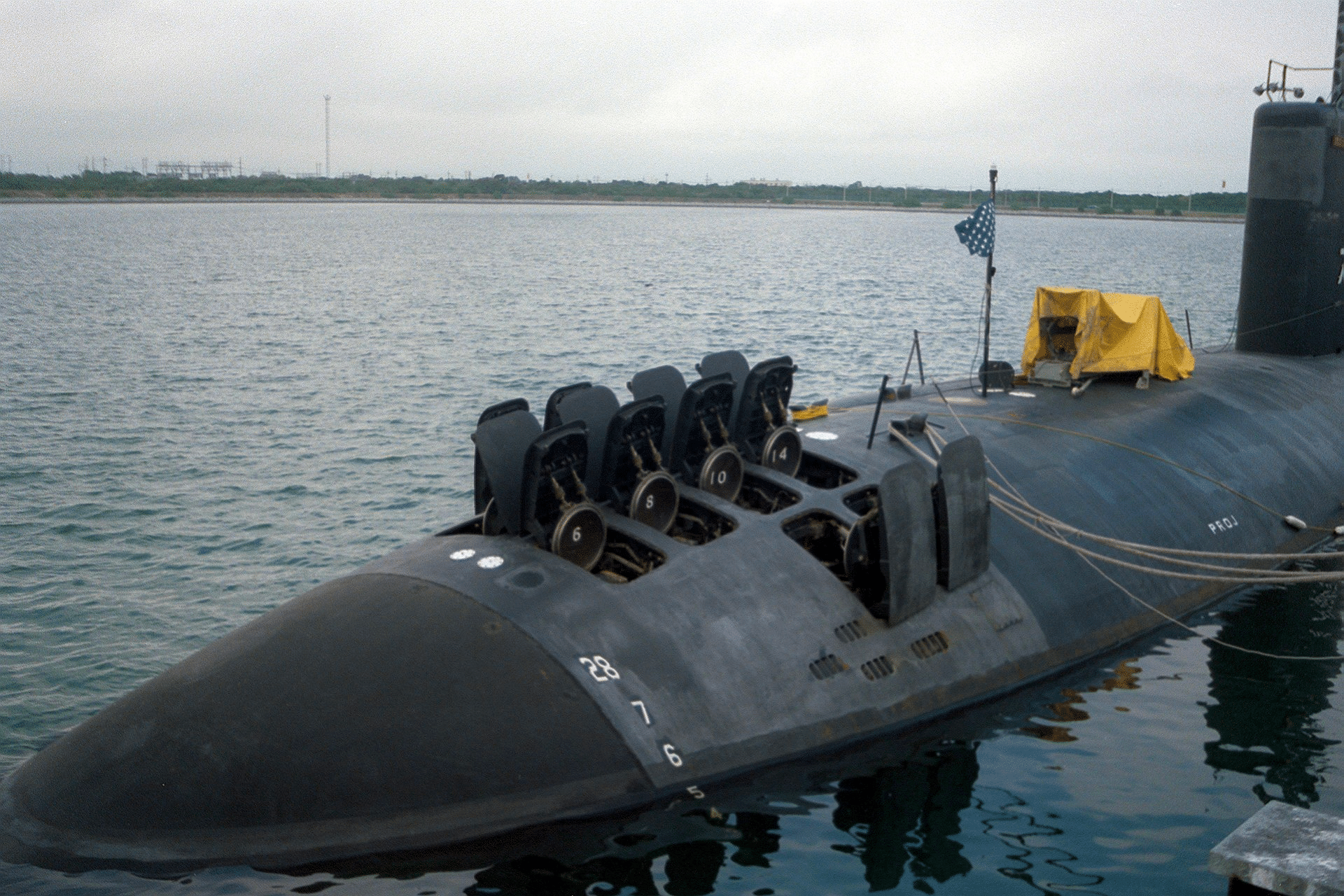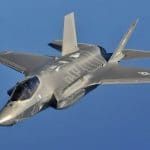The United States needs to cut military spending and shift money to two pressing threats: pandemics and climate change
By Mandy Smithberger | September 7, 2021
The United States needs to cut military spending and shift money to two pressing threats: pandemics and climate change
By Mandy Smithberger | September 7, 2021
The last year has made one fact quite clear: Spending huge amounts of money on defense has little to no impact on whether a country will be able to effectively protect its people and its economy from a pandemic. The COVID-19 pandemic vividly illuminated the many ways in which the American approach to national security has been fundamentally focused on the wrong threats. As US defense expenditures rose in 2020 to $778 billion—that is, almost 40 percent of total military spending in the world—a third of small US businesses closed either temporarily or forever, and, by June 2021, over 600,000 people in the United States had died from COVID-19.
The Biden administration had an opportunity to redirect the United States’ path away from endless war and all but limitless spending on the Defense Department. That path could and should have centered on the most imminent threats to our security: climate change and potentially pandemic infectious diseases.
But you wouldn’t recognize those as America’s top threats by looking at its spending priorities, which continue to prioritize the best interests of defense contractors over protecting the true national security. For example, the Defense Department has repeatedly accelerated production of weapons systems with immature technology before capabilities have been proven in testing. The end result of this practice included a decade of spending $46 billion on programs that were ultimately canceled. When that immature technology inevitably led to delays and increased costs, those programs took resources from maintaining the weapons and systems the United States already had, contributing, very likely, to preventable accidents. Smart cuts would stop production of major programs like the F-35 Joint Strike Fighter until testing is complete. Proper oversight of the defense budget would also challenge bureaucratic growth that inevitably follows when new entities are created. (One good example is the Space Force, which some in Congress are already criticizing for mismanaging its procurement programs.)
Nuclear spending is another area in which US priorities have flown completely off the rails. Over the course of a single year, the cost estimate for the nuclear weapons activities budget increased by $113 billion. The upcoming Nuclear Posture Review should seriously consider canceling a number of programs. For example, the sea-launched cruise missile is not only destabilizing—an adversary could not tell whether a US submarine-launched cruise missile had a nuclear or conventional warhead—but undermines the Navy’s ability to conduct its conventional missions. Canceling the program would save at least $10 billion over the next 10 years. Plans to modernize land-based intercontinental ballistic missiles could also be curtailed without compromising US national security.

The defense budget submitted by the Biden administration looks very like the Trump administration’s, with only a few variations. It included more than $12 billion for the F-35 Joint Strike Fighter program—a program plagued with performance deficiencies, high costs, and low availability. It also largely endorsed the past administration’s destabilizing nuclear weapons plans and spending on expensive and fragile conventional weapons.
Even before the pandemic, there was plenty of evidence that the large US defense budget was ripe for cuts and reform. In fact, the overall pattern of recent defense contracting exhibits one defining characteristic: always paying too much. Too much for the shadow workforce of private white-collar workers performing jobs that could usually be performed at half or one-third the cost by government employees, for instance. Too much for spare parts, including $71 for a straight pin that should have cost less than a nickel.
Based on these kinds of results, another federal agency could expect significant budget cuts. The significant costs of protecting the economy during the pandemic led to one of the strongest votes in history to cut the defense budget by 10 percent, with 93 House members and 23 senators in favor. That modest proposal was a bridge too far for the Congress as a whole. Still, it’s becoming clear to defense contractors and their allies that their gravy train could be in jeopardy—unless they create a new threat to justify continued high levels of defense spending.
In Washington there is a growing drumbeat from Pentagon contractors and the think tanks they fund on the need to increase defense efforts related to China. Their allies in the Pentagon and Congress also argue that the United States must increase its budget significantly to be prepared to fight an all-out conventional war against China. Those pushing for a new Cold War with China look past reality: The United States far outpaces China in military spending (by a factor of three, roughly), and US weapons systems, personnel, and innovation programs are generally far more capable than China’s. Our nuclear arsenal stockpile is also significantly larger. Saber-rattling against major nuclear powers is dangerous; the sabers rattled against China seem to be largely directed at grabbing as many contractor dollars for the Pentagon as possible, rather than making the United States safer.
And make no mistake: US defense contractors’ bottom lines and stock values have soared. The six largest contractors for the Pentagon spent over $163.9 billion on stock repurchases and dividends between 2010 and 2018, and they hope to keep the largesse flowing. As my colleague Dan Grazier has pointed out, exaggerated rhetoric about the threat of China is consistent with historical patterns of inflating threats when reality would otherwise call for curtailing defense spending. The already ample defense budget would be better directed toward anti-access/area denial rather than expanding our already sizable offensive capabilities.
While some might argue that defense spending aids the economic recovery from the pandemic, the data clearly do not agree. Defense spending is, in fact, one of the least effective job creators government can pursue. Numerous studies have confirmed that the money spent on defense programs would create significantly more jobs if it were directed toward domestic infrastructure or healthcare or put toward programs that address climate change, which is increasingly endangering lives in the United States and elsewhere.
Seattle had its hottest temperature ever this summer. A winter storm in Texas that some experts linked to climate change led to nearly 60 people dying and left 12 million people without safe drinking water and 4.5 million without power. The nonpartisan Congressional Budget Office predicts that climate change will increase US deficits by both “reducing revenues and increasing mandatory spending.”
It’s also destabilizing countries around the world. As the progressive advocacy group Win Without War has pointed out, a real understanding of Syria’s civil war includes an acknowledgement that climate change contributed to droughts that displaced hundreds of thousands of rural families. Rising sea levels and increased heat will continue to put pressure on the ability of communities in many countries to access water, grow food, and thrive.
Even looking at climate change through a purely military lens, it’s clear that there are increasing costs to this threat. A 2016 report by the Union of Concerned Scientists estimates that by 2050, vulnerable military installations will experience 10 times as many floods. Flooding and Hurricane Michael caused $4.9 billion in damage to Air Force bases. The Marine Corps estimated Hurricane Florence resulted in $3.6 billion in damage to its installations. And for both domestic and military disasters, the National Guard is repeatedly called upon to help.
The Biden administration took an important step early this year, issuing an executive order prioritizing the climate crisis. But as long as it supports unsustainable spending at the Pentagon, this administration undercuts its own goals.[1]
There are certainly military dimensions to the threat of epidemics, as well. For example, a poorly handled outbreak of COVID-19 on the USS Theodore Roosevelt aircraft carrier made headlines, and keeping military personnel healthy is a top US security concern. But the Defense Department does not have the expertise or the capacity to be at the forefront of fighting pandemics. Leadership on such issues must come from public health experts and agencies. And it’s important to remember what happened when the Defense Department was given the lead in a pandemic-related effort: The department took $1 billion meant to accelerate purchases of N95 masks and other personal protective equipment (PPE) and reallocated that money, using it to buy jet engine parts and body armor.
The costs and threats of COVID-19 are too familiar. After a year of lockdowns and masks, many Americans hoped that they would be able to put the pandemic behind them by now. The struggles to recover from the pandemic, however, show that the United States has deeper problems to address. Perhaps the largest and most difficult problem involves a lack of confidence in government and political leaders. Our enemies abroad have repeatedly shown that they can exploit our divisions to undermine confidence in our elections, inflame racial divides, and spread disinformation about the safety of vaccines. Real and perceived concerns about corruption and self-dealing by public officials are making it more difficult for the government to be an effective leader in combating society’s greatest challenges.
The consequences of this distrust are real and lethal, as evidenced by the number of people who still refuse to take a vaccine that could protect both themselves and those they love. America will continue to see epidemics and natural disasters that can only be addressed through government leadership. A democracy’s effectiveness, however, depends on making the government worthy of public trust. Restoring public trust requires the allocation of resources in ways that support the resilience of the entire economy, not just the defense sector.
The general public understands what governments should be focused on. Polling by Pew Research Center found that those polled in the United States identified infectious diseases as the greatest threat to the country. Many of our closest allies cited climate change as their top concern.
The United States can’t continue to throw money at a bloated Defense Department, while short-changing the most pressing areas of national security. The Biden defense budget is one that only a defense contractor could love; it continues spending for unproven weapon systems, unsustainable and unneeded nuclear weapons efforts, and a new Cold War with China.
The United States cannot sustain a $750 billion-plus Pentagon budget and have the needed funds to address COVID relief and recovery, infrastructure, and climate change. The US government has a duty to prioritize America’s greatest threats now and not burden families and the generations to come with bills for spending that does not make us safer.
[1] Notably, the Department of Defense also accelerates the damage of climate change by being the single largest US user of fossil fuels. A 2019 analysis by the Brown University Costs of War project found the military has emitted 1.2 billion metric tons of greenhouse gases since 2001.
Together, we make the world safer.
The Bulletin elevates expert voices above the noise. But as an independent nonprofit organization, our operations depend on the support of readers like you. Help us continue to deliver quality journalism that holds leaders accountable. Your support of our work at any level is important. In return, we promise our coverage will be understandable, influential, vigilant, solution-oriented, and fair-minded. Together we can make a difference.






















What about Education? I think that’s way more important if we want to encourage change in the world. Our school systems are a joke and way behind the times.